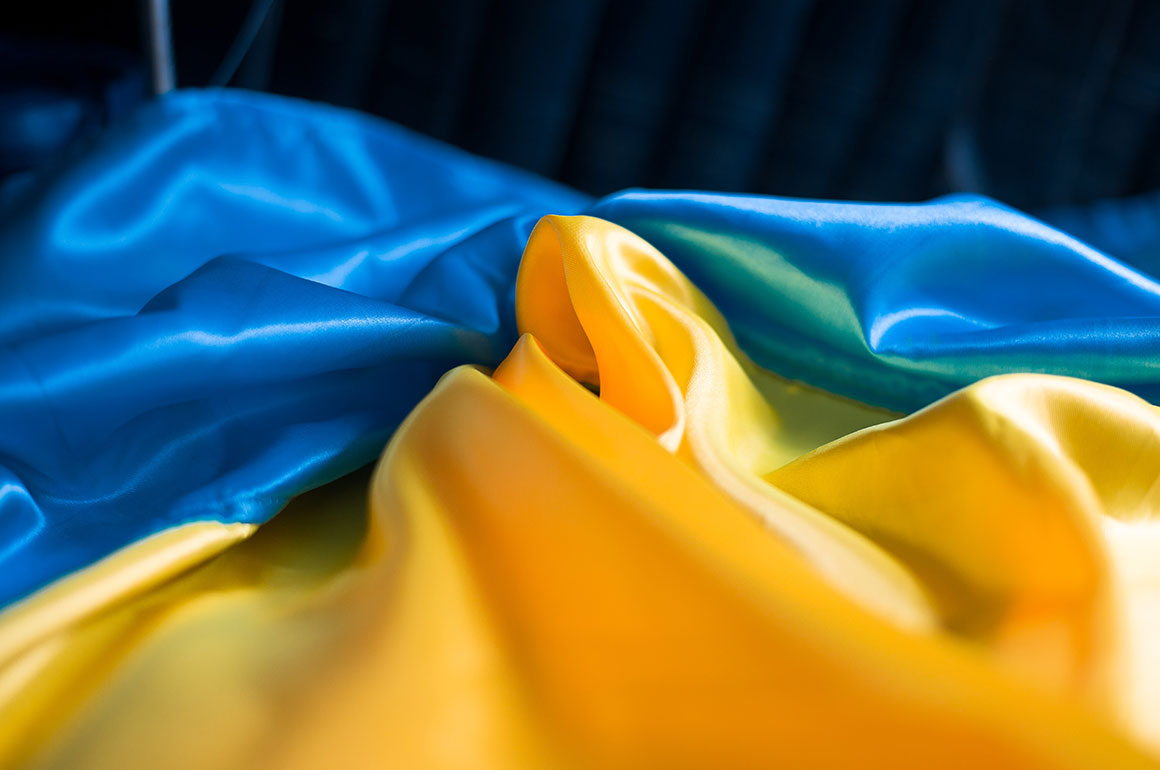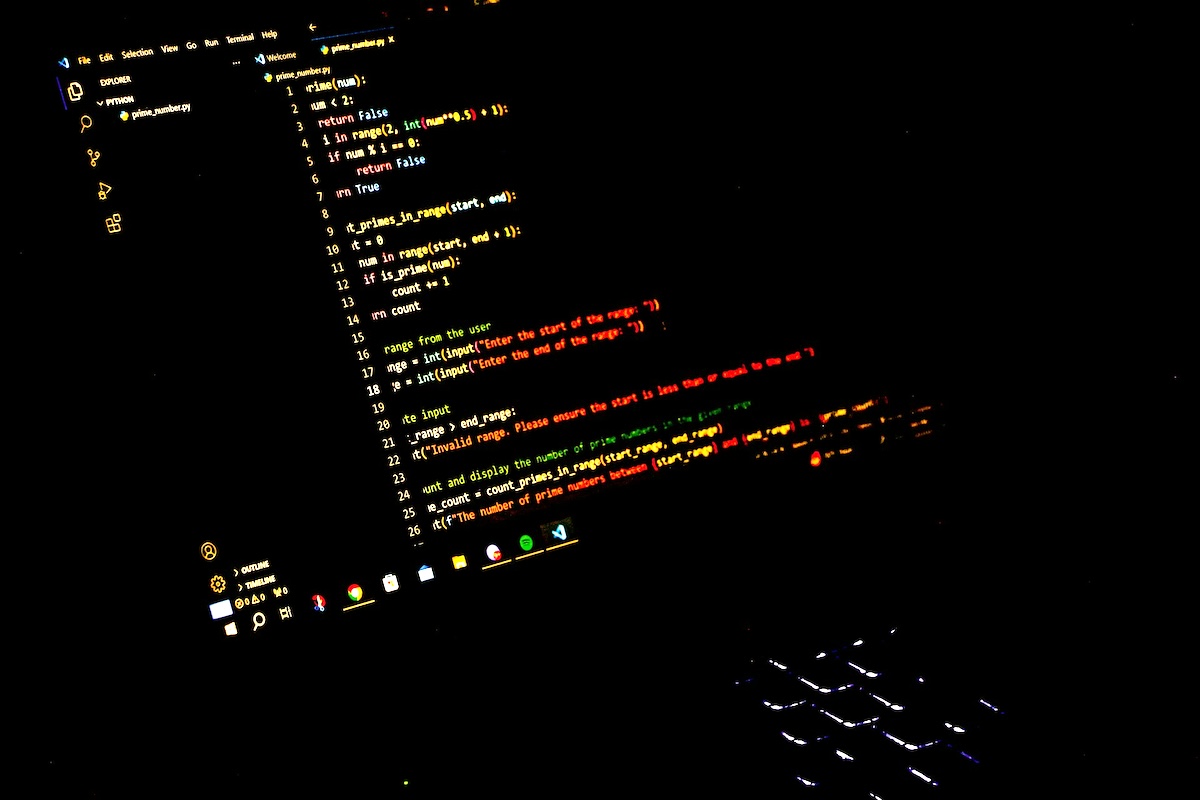Skift Take
While the event industry’s reaction to the crisis in Ukraine has varied — ranging from statements of support to direct offers of employment for those affected — few global events have triggered this level of solidarity. Meanwhile, figuring out how and who to exclude in terms of Russian participation from events is proving difficult.
The surge of support and solidarity for the people of Ukraine is showing up strong within the event industry, though there are many different avenues that event professionals are pursuing to get help to where it’s needed.
Staying Connected to Keep Team Members Safe
Event tech company Bizzabo felt the predicament that much more sharply because one of its offices is located in Ukraine. “We’re committed to keep doing what we can to support our team, whether by providing financial assistance or additional support to ensure our Bizzaboers and their families can relocate and do what’s needed to stay safe,” Bizzabo co-founder and CEO Eran Ben-Shushan posted to LinkedIn last week. In an interview, Ben-Shushan explained that Bizzabo has been preparing for a variety of scenarios over the last few weeks — with relocation stipends available to staff even before the onset of the invasion.
Responding quickly to the invasion, PwC Romania made a similar commitment to the more than 800 employees with PwC Ukraine, promising transport, help to relocate to Romania, and providing both accommodation and continued financial assistance once those fleeing the conflict have crossed the border.
Bizzabo is also using its broad reach and deep resources to coordinate with other event industry networks in the region. For instance, it has created a bot that can check in with their employees twice a day to see if they require assistance, Bizzabo has made the code available as an open-source project to help other firms stay in touch with their teams.
“We are staying in close contact with other companies that also have teams in Ukraine,” Ben-Shushan said, “and opened a collaborative leadership community so we may more efficiently share information and plan together.”
Raising Awareness and Promoting Fundraising Initiatives
The event industry is all about generating engagement and creating buzz, so it’s not surprising that several initiatives have cropped up to raise awareness and encourage donations to humanitarian initiatives on the ground in Ukraine. Several major professional associations in the industry have released statements expressing dismay at the conflict and encouraging donations to NGOs like UNICEF and the Red Cross.
The tone of these statements varies considerably, with some appearing essentially neutral, while others are strongly condemning the Russian state. On the more diplomatic side of the continuum, ICCA President James Rees’s call for “governments on all sides to do everything possible to end hostilities and meet to negotiate a peaceful resolution to this conflict” carefully avoids criticism of Russia itself. UFI took a somewhat more direct approach, applauding “the work of the many members of UFI in the region who provide humanitarian aid help directly” and asking their audience to support the International Red Cross and UNICEF.
PCMA was more emphatic, decrying the “unjustified and unprovoked attacks on the people of Ukraine” and declaring, “We stand united against war and acts of evil against innocent civilians.” Tanya Pinchuk, COO of ExpoPlatform, was similarly direct, posting a video of team members globally to LinkedIn with the caption: “All our teams at ExpoPlatform, from the UK, India, United States, France, Portugal, and even colleagues within Russia itself, are united and #StandWithUkraine against this evil and unprovoked attack of a modern democracy.”
Slovenia-based trade show organizer Conventa took the opportunity to go further than a public statement by mounting a special online event on March 4. The event was dedicated to giving people trapped in the conflict a chance to tell their stories directly to Conventa’s network of event professionals. The event, titled “LIVE from Ukraine: This is how you can really help” has been posted to YouTube in the hopes that it will spur continuing support.
Restricting Russian Participation in Global Events and Networks
In line with several global campaigns to impose sanctions on Russia, some associations and events have banned both recipients of Russian state funding and the Russian business elite from accessing the benefits of the international event community. What this looks like is dependent on the position — and the relationships — of the company making the call.
For instance, MPI has announced that they “will immediately suspend business with all companies in Russia. In addition, any plans to formalize a chapter in Russia will be paused.” MPI currently has limited dealings in Russia, which may have made it more feasible to take such a strong position so quickly.
The International Math Union (IMU), which organizes the world-renowned International Congress of Mathematics (ICM), was in a particularly difficult position because the 2022 edition of ICM was originally scheduled to take place in St. Petersburg — in fact, a campaign to relocate the event started long before the invasion. Although IMU did not cancel the in-person event until the outbreak of war, it strongly condemns Russia’s aggression towards Ukraine in its announcement of its plan to pivot ICM to a virtual format.
Why Banning Russian Participation Is Not Always Straightforward
While there is a growing movement to reinforce government sanctions with private bans, not everyone agrees on how to proceed. Most agree, however, that it’s necessary to exclude two key groups: those with official ties to the Russian state, and those who stand to boost the Russian economy through event participation.
In addition to canceling the in-person gathering in St. Petersburg, IMU also banned official representatives of the Russian state from participating in the virtual event. The organization appears, however, to be allowing non-state-affiliated Russians to attend. “All mathematicians are welcome to participate in the activities of the ICM,” its website states. Drawing a clear line between the academic world and the geopolitical world, the IMU asserts that “ICM is a unique meeting place for mathematicians from all over the world to assemble, put political and cultural differences aside, and discuss mathematics.”
While perhaps less obviously so, it was also necessary for IMEX to make nuanced distinctions when implementing its widely-applauded decision to “suspend Russian state enterprises from participating at IMEX in Frankfurt 2002.” At first glance, the policy seems like a blanket ban. The convention centers and destination marketing organizations (DMOs) that participate in IMEX often have strong links with national governments — and they typically exhibit under the country’s official pavilion. For these reasons, excluding anyone connected with the Russian state would, de facto, exclude most Russian participants.
IMEX’s call will result in significantly less revenue at their event this year, but it also allows them to clearly distinguish between individual Russians and ones with direct ties to the state and the Putin government. “There are Russian people, all working all over the world in our industry and we don’t want to discriminate against them or the companies that they’re working for. The boundary for us is not benefiting from the Russian state’s funds and then us not giving them that benefit,” said Carina Bauer, CEO of IMEX.
When it comes to the question of refunds, IMEX has been spared any difficult decisions. The event is still three months out, and no private Russian enterprise has registered to participate, meaning that IMEX doesn’t have to try to refund registration fees when the SWIFT banking system currently does not work in Russia.
Event and Hospitality Industry Gets Creative to Deliver Material Support
Alongside corporate leadership, event professionals and influential figures in the industry have also been leveraging their networks and communication channels to meet humanitarian needs in Ukraine — often in very targeted ways.
In some cases, the approach has been relatively direct. For instance, Ewandro Magalhães, the CEO of KUDO, has offered the platform’s translation services free of charge to NGOs and volunteers in an “effort to support relief efforts for Ukrainian residents and refugees.”
Chief experience officer and co-founder of Chili Piper Alina Vandenberghe’s call for collaborators led to a partnership with Techfugees to produce and distribute a Google Doc with verified, up-to-date links for targeted, needs-specific humanitarian support.
Professionals in the event and hospitality industries not only have large networks to draw on, but also the logistical skills required to meet the growing needs of refugees fleeing Ukraine. Inspired last week by his ability to help a family friend fleeing Ukraine, CEO of PFK Hospitality group Michael Widmann launched the #HospitalityHelps initiative. The initiative now provides an online hub that offers temporary free accommodation for Ukrainian refugees at several hotel partners in the region — an illustration of how powerful high-level, intentional coordination among firms that share the same CSR values can be.
Similarly, convention centers in Germany and Poland are stepping up to the plate to provide shelter for refugees. While some are offering the privacy of tented communities and others are opting for more open-concept models able to accommodate thousands at a time, they all crucially allow refugees to overnight indoors, protected from the elements.
Grass-Roots Fundraising
In other cases, individual event professionals have organized grass-roots initiatives. Driven by increasingly nimble technology and professional networking tools like LinkedIn, projects like the #SupportUkraine public initiative are springing up. Sean Specie, Shawn Cheng, Fab Capodicasa, Ronald Lim and the Engamio team drew on their talents for promotion, gamification, and engagement to create a real-time celebration of global solidarity for the people of Ukraine: Make a donation to the cause, and they’ll put you on this map.
The group’s initial idea began with an hour-long telethon-style virtual event to draw attention to the cause. As the group came together to create the initiative, however, they realized that the #SupportUkraine website they’d created already served the purpose of spreading awareness and encouraging donations.
When individual event planners work together in support of shared values, they can develop new tools that are particularly effective at mobilizing people, Cheng argues. “My message is, we should not wait for our association or industry to lead us. Can we do anything within our own power or collective power? I don’t know what that is, but I know that if we are all thinking about this, some of the ideas might come around and some ideas might actually create an impact.”
There is, however, a limit to what individual event professionals — or even groups of them — can accomplish. Some event professionals have suggested that event platforms can use their position in the media ecosystem to get around the shutdown of social media and independent journalism in Russia. However, given the repression of Russians critical of the invasion of Ukraine within the country, it seems unlikely that clients there would approve circulating such content — and event platforms generally are not permitted to push content to attendees without permission.
A Globalized Perspective: Offers of Employment
Most event professionals and companies are responding to the urgency of this crisis by focusing on providing immediate humanitarian aid, putting pressure on the Russian business sector, and getting team members located in Ukraine to safety. One is looking a bit further into the future needs of people who have been displaced from the country.
Pedro Góes, CEO of InEvent, gathered a lot of attention when he announced on LinkedIn: “If you are a Ukrainian based marketing or software developer and want to move to Nigeria, South Africa, Indonesia, Colombia or Brazil to work at InEvent, we’ll pay for your air ticket departing from any airport in Ukraine borders (Poland, Slovakia, Hungary, Romania) and offer a remote position at InEvent.”
InEvent is a remote-work company with offices on several continents, Góes said, which makes it possible for him to offer remote jobs that people fleeing conflict can apply for. InEvent will also assist with the legal aspects of relocation as much as possible: “They have our full support in terms of information or any letter of support that we can send. We can and we will provide that.” He noted, however, that InEvent’s position as a remote employer means that the company is not always able to facilitate work visas. While applicants may still have to apply through refugee channels, an offer of employment can make a substantial difference to their experience after the initial migration.
Critically, InEvent’s offer will not be restricted to those with Ukrainian citizenship. Noting that members of the team have experienced the difficulties that citizenship status can cause, Góes emphasized, “Any person in the region can get our help.”
How Effective Will These Responses Be?
At times, even the most relentlessly optimistic among us may question the degree to which digital communications platforms encourage our best impulses, or responsible global citizenship in general.
From event tech CEOs to individual event professionals, those who have stepped up to the plate this week to assist the people of Ukraine have shown that digital activism can go beyond “thoughts and prayers.” Many of them propose targeted, material assistance specific to the skills and services that event professionals bring to the world of globalized communication networks and engagement technologies. As Bauer explains, it’s about understanding very clearly where you can intervene, so that you can do so strategically and with intention: “With the governments in the world putting very deep sanctions, I think there’s also something to be said for businesses playing their part in the part that we can play.”
Plenty of research has indicated that strong CSR values are important for the well-being of team members as well as the public-facing identity of a brand. To be able to do something that has a material effect on the well-being of others in trouble — whatever it is — can help us keep our heads up when we’re confronted with what feels like utter, irremediable catastrophe. As Ben-Shushan concludes, “I can’t overstate how important it is to continue to check in with your teams, even if they’re not ‘personally’ affected. We continue to live through scary, unpredictable times, and we have to take care of each other.”





